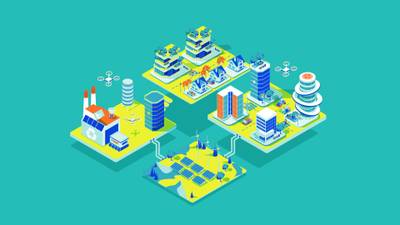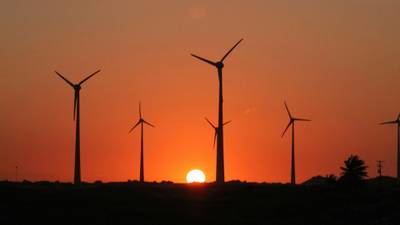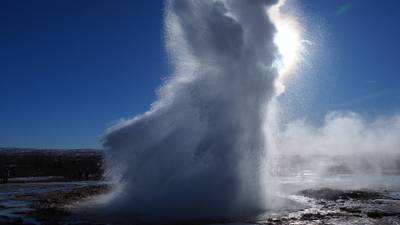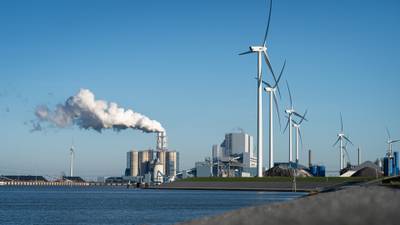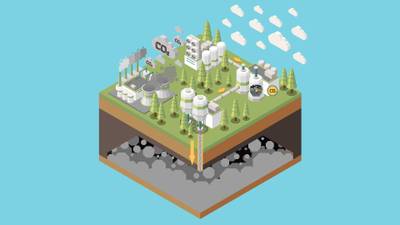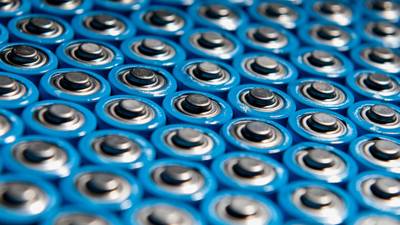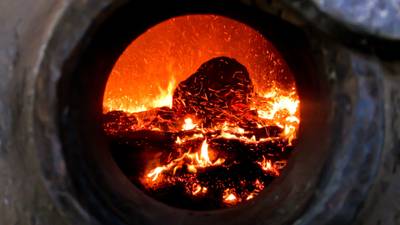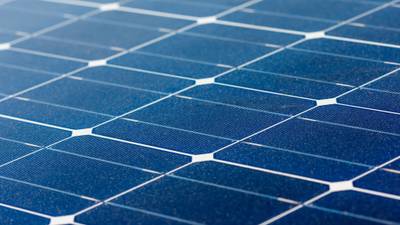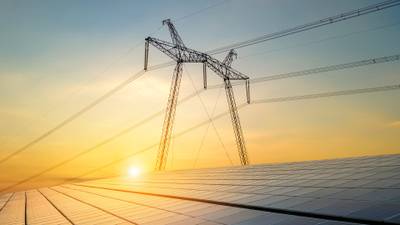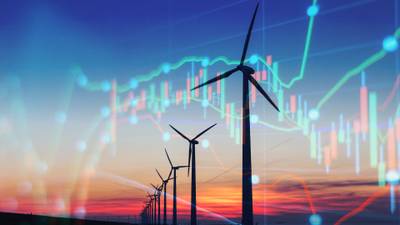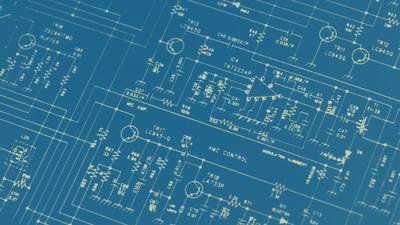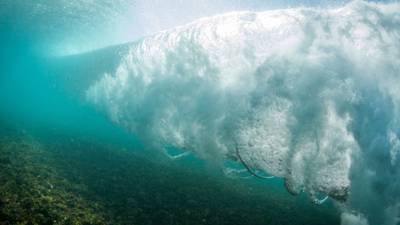Join our online renewables course and gain the engineering skills you need for the energy transition.
- Train in the tools and systems used in the integration of electrical energy from a range of renewable energy sources.
- Study the main challenges of integrating to distribution and transmission systems.
- Learn to use MATLAB and MATLAB Simulink simulation software.
You’ll benefit from the direct input of industry specialists. And you’ll learn with a university that’s an established leader in renewable energy teaching and research.
Access our expertise and support wherever you’re based, with no need for a student visa, on a course that fits around full-time work.
Who can join this online renewable energy integration course?
This distance-learning course is ideal for graduate engineers, graduates of the Physical Sciences, and energy industry professionals.

Build credits towards a Masters degree
This online course is part of:
- MSc Renewable Energy Engineering
- MSc Energy Transition Systems and Technologies
- MSc Offshore Engineering
You can use the credits you earn on this short course towards any of these MSc qualifications.
What you’ll study
You’ll study:
- the main challenges of integrating renewable energy to distribution and transmission systems (including intermittency, power reverse, voltage rise, reactive power, harmonics, and stability issues)
- the requirements (based on grid codes) that renewable energy generators should meet in order to connect to the grid (including power factor requirements, voltage and frequency ranges, and fault ride through)
- current source converter (CSC) and voltage source converter (VSC) as the main tools to meet the requirements to connect to the grid.
- high voltage direct current (HVDC) as an alternative way to integrate large renewable energy generators to the grid.
You’ll learn to use simulation software, including MATLAB and MATLAB Simulink.
You’ll cover the advanced concepts of grid integration over three core modules:
Renewable energy source integration to grid: challenges and requirements
- Challenges of integration to distribution systems, including intermittency of generation, voltage rise, reactive power support, and power quality concerns
- Challenges of integration to transmission systems, which mainly concern stability
- Review of grid codes, including national, Scottish and German grid codes
- Static requirements, such as power factor, power curtailment, voltage/frequency range and power quality
- Dynamic requirements, such as fault ride through
Voltage and current source converters to integrate renewable energy to grids
- Review of semiconductor power switches, including power diodes and thyristors
- Single/three-phase current source converters and voltage source converters
HVDC
- HVDC transmission for renewable energy integration
- The challenges and benefits of HVDC
- Review of DC grids and DC faults
- Case studies: HVDC transmission for large wind farms
By the end of this course, you’ll be able to…
-
Assess and compare different methods of renewable energy integration.
-
Discuss the challenges and practical solutions for renewable energy integration.
-
Propose suitable methods for integrating renewable energy from any source into the grid.
-
Communicate the standards for connecting renewable energy to the grid.
-
Explain direct connection of renewable energy sources to the grid.
-
Describe power electronics-based approaches for indirect connection of renewable energy sources to the grid.
-
Use MATLAB and MATLAB Simulink to simulate electrical systems relevant to renewable energy installations.
Choose the University of Aberdeen for online renewable energy courses
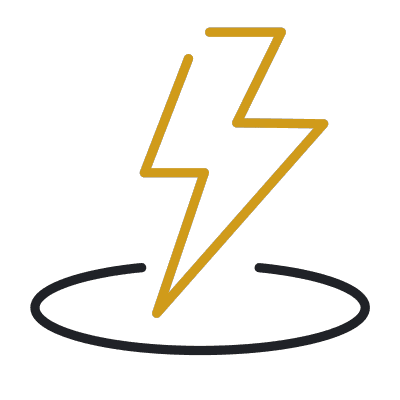
Get ready for energy transition
Progress your career with a university leading the way in renewables, carbon capture, fuel cells and digitalisation.

You’re in expert hands
We’ve been training energy professionals for decades and delivering online learning for over 20 years.
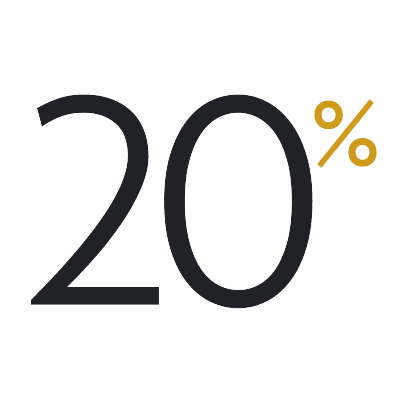
20% alumni discount
University of Aberdeen alumni get 20% off this online course.
How you’ll study
Online learning
This distance-learning Renewable Energy Integration course is delivered flexibly, 100% online.
You can learn with us anywhere in the world, no student visa required, and manage your study hours to suit you.
Your teaching
This course is taught at Masters level.
Teaching is delivered through MyAberdeen, our online Virtual Learning Environment (VLE). It holds all the materials, tools and support you’ll need in your studies. Take a look around MyAberdeen.
You can access your learning materials on computer, smartphone and laptop, 24 hours a day. You’ll find a range of resources available, including:
- video lectures
- simulation software, including MATLAB and MATLAB Simulink
- reading materials
- the online resources of our award-winning Sir Duncan Rice Library.
Your tutors
You’ll learn from a team of internationally experienced engineers and academics from our School of Engineering.
Involved in active research, they’ve worked on major projects all over the globe. You’ll benefit directly from their industrial experience and academic expertise.
Industry input
Your course content is also developed and reviewed by an Industry Advisory Board. This group of experienced professionals ensures your learning is always informed by the latest industry trends, technology, and career opportunities.
You’ll be assessed online. Assessment will take place throughout the teaching term.
Types of assessment for this course may include:
- coursework
- online quizzes
- timed online open-book assessments.
Assessment deadlines
Your assessments will have submission deadlines, either during or at the end of the course. Your course coordinator will let you know when your assessment deadlines are, so you can plan your study time accordingly.
The course totals approximately 150 hours of study and assessment time. That’s around 10 – 15 hours per week.
This is an indicative guide to the time required for a typical student at this level to achieve the learning outcomes. This includes time for independent study, as well as teaching and assessments.
You can largely set your own study hours each week to cover the materials. MyAberdeen is available 24/7, so you can log in and study when it suits you.
Activities with deadlines
There will be some activities scheduled at fixed times, such as assessments with deadlines, or meetings with your tutor. But otherwise, you can access and work through the course at your convenience.
Our first-class support structure will ensure that you aren’t alone in your studies. You’ll have contact with your tutors via MyAberdeen and email. You can use social media and discussion boards to chat with your fellow students too.
We provide a wide range of services to support you in your studies and beyond:
- Careers and Employability Service – including one-to-one advice sessions
- Disability support
- IT support
- Library support
- Student Support Service – help with finances, stress, wellbeing and non-academic issues
- Student Learning Service – study support, with advice sessions available via phone or Skype
- Aberdeen University Students’ Association (AUSA) – run by students for students
- Toolkit – clever apps and free training that can make your study life easier
Wherever you are in the world, you’ll feel part of our very special Aberdeen learning community.
Your course coordinator
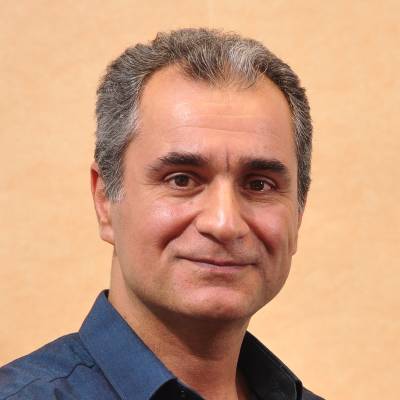
Dr Ali Jamshidi Far
Ali is an IET Chartered Engineer and Lecturer with long experience in the design, analysis and implementation of power/electrical systems, including renewable generators. As a member of Aberdeen HVDC Research Centre, Ali’s been involved in several national and international HVDC and renewable energy systems projects.
View Ali’s profileWhere this will take you
Towards a Masters
You’ll earn 15 credits at Masters level (SCQF Level 11) with this course. You can use these credits towards our:
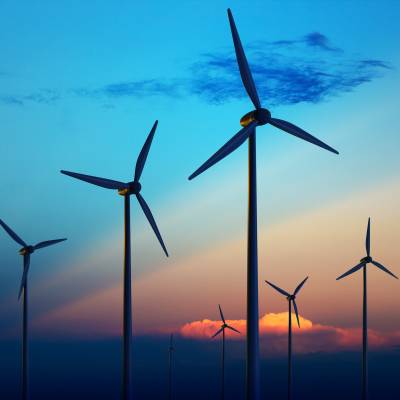
Accredited Masters in Renewable Energy Engineering
Become an engineer in the renewable energy sector with our triple-accredited online MSc. Train online with internationally experienced engineers and learn direct from industry.
View MSc Renewable Energy Engineering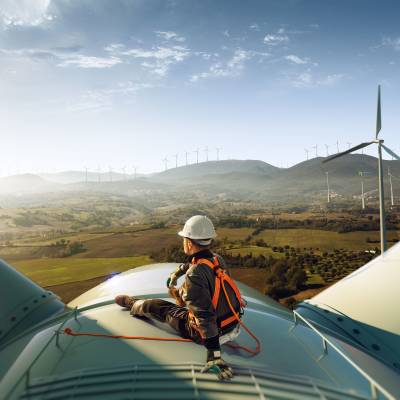
Masters in Energy Transition Systems and Technologies
Join an online MSc that’s training the next generation of systems engineers. Help our planet transition from oil and gas to net-zero, with a degree you can study online, part-time.
View MSc Energy Transition Systems and Technologies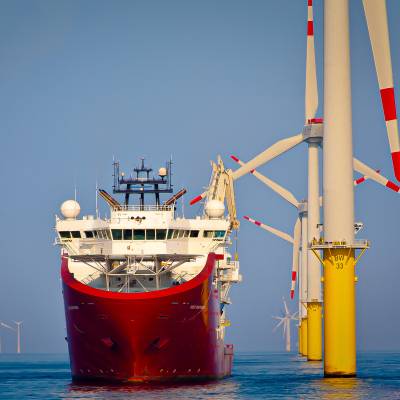
Accredited Masters in Offshore Engineering
Join our accredited online MSc and gain the skills you need to work in a wide variety of roles in the offshore engineering sector, including marine renewables.
View MSc Offshore EngineeringBuild your learning
We have a range of online short courses you can use to build your skills in this area.
Many carry credits you can build up into postgraduate qualifications, including Masters degrees:
Careers
This course will prepare you for professional and managerial roles in the renewable energy sector.
Continuing Professional Development (CPD)
Your employer or professional institute may recognise this course for CPD hours. Talk to your employer or institute to find out more.

Free career support
Access our free careers service while you study.
- 1:1 appointments
- CV checks
- Interview prep
- Job opportunities
Entry requirements
Entry requirements
We welcome students from all over the world.
This course has no formal entry requirements. You do not need to provide proof of your qualifications.
But you do need to check the entry guidance above to understand the level of teaching delivered, to decide if this course is right for you.
If you do not have qualifications from the UK, check the equivalent teaching level for your country.
Visa requirements
You do not need a student visa to study online with us.
English language requirements
Teaching is delivered in English.
You do not have to provide proof of your English language skills to join this course. But we want to make sure that you can use English well enough to study successfully.
Recommended level of English
For this course, we recommend the following level of English language proficiency.
These are our Postgraduate Standard requirements, and these are minimum scores.
IELTS Academic, IELTS UKVI Academic, and IELTS Online (not IELTS Indicator or IELTS General Training)
- 6.5 overall
- 5.5 for listening, reading and speaking
- 6.0 for writing
TOEFL iBT and TOEFL iBT Home Edition
- 90 overall
- 17 for listening
- 18 for reading
- 20 for speaking
- 21 for writing
- TOEFL DI code is 0818
Cambridge English: B2 First, C1 Advanced, or C2 Proficiency
- 176 overall
- 162 for listening, reading and speaking
- 169 for writing
LanguageCert Academic/LanguageCert Academic SELT
- 70 overall
- 60 for listening, reading and speaking
- 65 for writing
LanguageCert International ESOL B2 Communicator (Written and Spoken) – Online / In-centre
- Overall High Pass
- 33 for listening, reading and speaking
- 38 for writing
Oxford ELLT Digital – English Language Level Test Online
- 7.0 overall
- 5.0 for listening, reading and speaking
- 6.0 for writing
PTE Academic (online test not accepted)
- 62 overall
- 59 for listening, reading, speaking and writing
Duolingo – tests taken from 1 July 2024 onward
- 120 overall
- 95 for listening, reading and speaking
- 105 for writing
University of Aberdeen English Pre-sessional Programme (PSE)
- Pass
- Valid for one year. Refresher can be offered if out of date
Pre-sessional academic English preparation programmes undertaken at other UK universities
- Pass at an equivalent of 6.5 (C1)
- B2 in all four skills
- Certification must be within one year prior to the start of your course
For full information about language requirements, see our English Language Requirements page.
You will need access to:
A computer (PC, laptop or Mac) operating on either:
- Windows 10 or later
- macOS 10.15 (Catalina) or later.
Most teaching materials are smartphone- and tablet-friendly. But we recommend a proper laptop or desktop for completing assignments comfortably.
Reliable internet access
We recommend:
- a wired connection
- a minimum download speed of 2 Mbps so you can take part fully in live sessions.
Speakers or headphones
- We recommend a headset with built-in microphone and earphones if you’re likely to study in an environment with background noise.
- A webcam is optional, but you may like to use one from some interactive sessions.
Software
We’ll give you access to Office365 applications. This means you can use online versions of Microsoft Word, Excel, and PowerPoint and install these programs on up to five personal devices.
We’ll also give you access to, and training in, a range of specialist simulation software. You do not need any previous experience with this software. You’ll learn to use:
- MATLAB – used by engineers and scientists to analyse data, develop algorithms and create models
- MATLAB Simulink – a block diagram environment for model-based design.
See our detailed IT requirements for more information.
When you study with us, you can expect a first-class support structure so that you’re never alone in your studies.
But learning online does mean you have to motivate yourself and manage your own time.
Your most important commitment will be time – the time to work through, reflect on and understand your teaching materials.
Before you start a course that involves a high degree of independent study, we recommend looking at the time you will be able to devote to your studies each week:
- Be realistic
- Create a weekly schedule as a guide
If you have any questions about studying online, get in touch with our friendly team. We’re here to help.
Fee payment
Your course fee needs to be paid in full before you start your course.
We accept payment via Visa Debit, Visa Credit and Mastercard.
Ways to save
You may be able to get help funding this course via:
- discounts – if any discounts are available for this course, they’ll appear in the section below
- employer sponsorship – we accept full and partial fee payments from sponsors.
Find out more about funding options.
Student card
All our students are entitled to a University of Aberdeen student card. This gives you access to a range of student discounts around the city and online.
This course has no formal entry requirements. You decide if it’s suitable for you.
The course is delivered at Masters level. At this level of teaching, you’d usually have at least:
- a 2:2 UK honours degree (or equivalent) in Engineering or the Physical Sciences, or
- relevant experience that supports this level of study.
Mathematical skills
This course includes significant mathematical content. Please review our mathematical skills document, which we’ve prepared to give you an indication of the level of mathematics you’ll require.
Apply for this course



